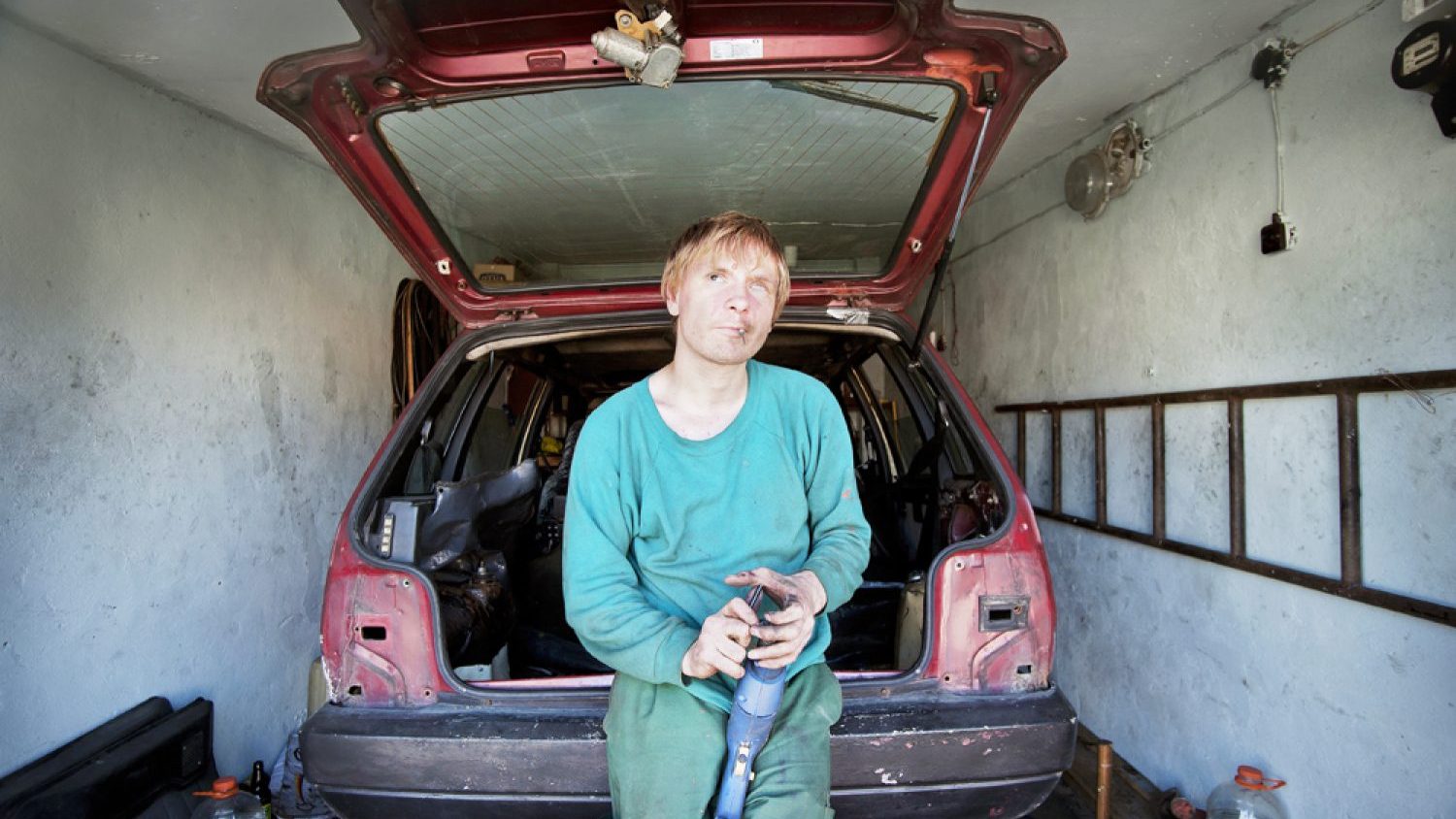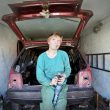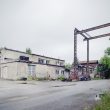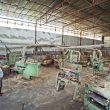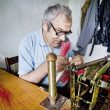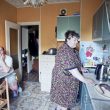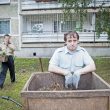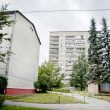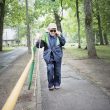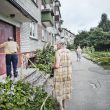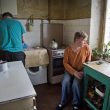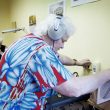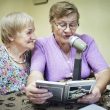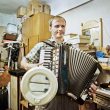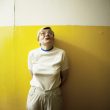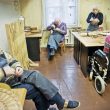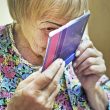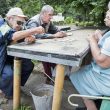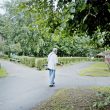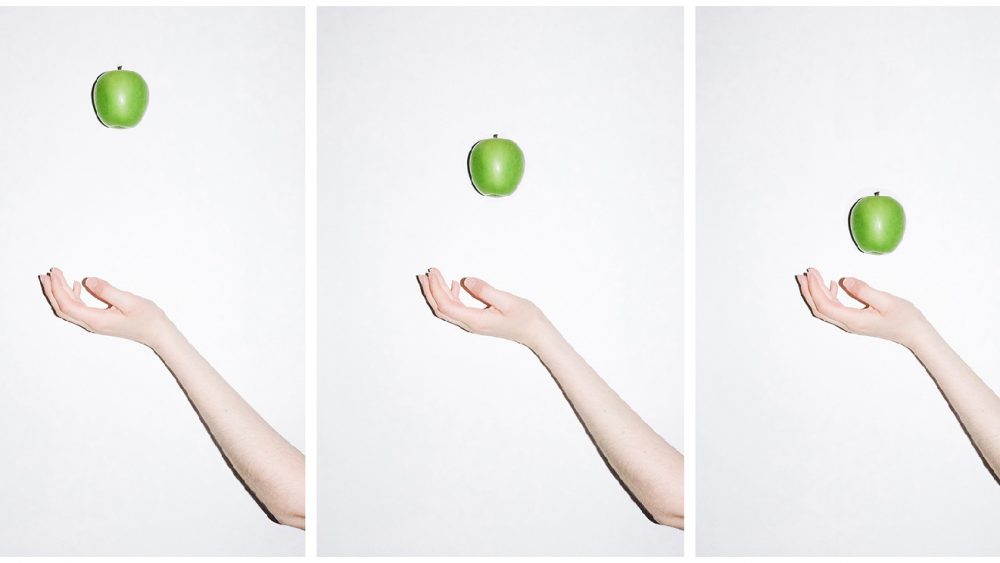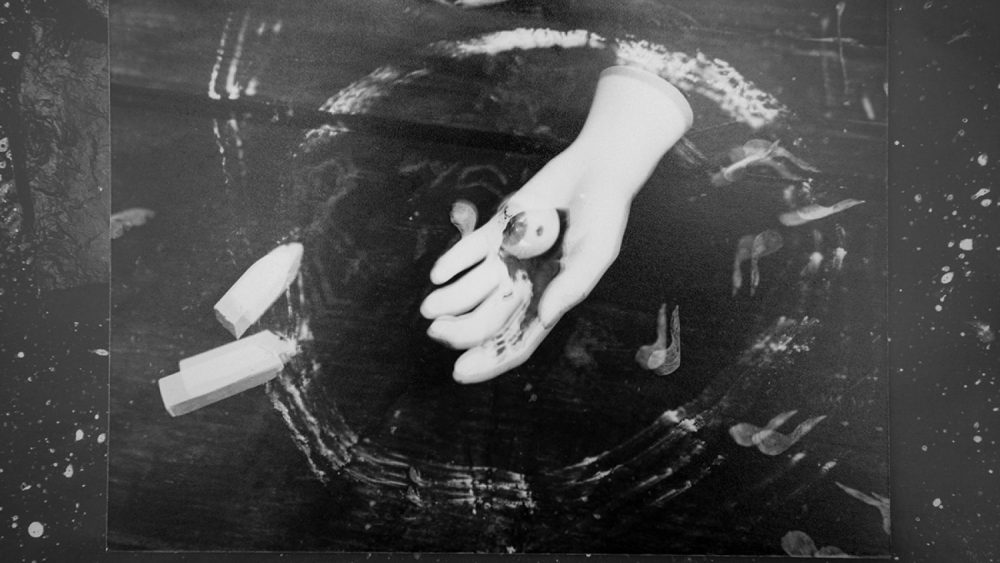The Village for the Blind
On the outskirts of the Latvian capital Riga the village of Strazdumuiža is home to a large community of over two hundred blind or partially sighted residents.
During the Soviet era Latvia supported an industrial infrastructure where the blind residents of the village worked in local factories making cleaning brushes and timber objects for sale in the Soviet economy. At its height in the 1950’s and 1960’s the local factories supported over 1,600 employees of whom almost half were blind or visually impaired. The company worked so successfully that they could build twelve apartment houses for workers, a culture centre and a regional sport school. Walking routes in the village were equipped with the special walking lines for the blind. About 1200 people with sight problems moved to the village, where they had an opportunity to study and work.
The collapse of the Soviet empire with their state controlled markets left local factories without support and many went bankrupt. Today fewer than ten persons work in the local factory. Nowadays 90 per cent of visually handicapped people are either unemployed or underemployed. Where it is possible to obtain employment most jobs are menial with a little opportunity for development. Most of the blind and partially sighted residents now remaining in this village are dependent on the government aid of between 100 to 200 euros per month.
Even though the secluded housing allocated to the blind supports a thriving community, including special facilities developed to help in their physical environment and in their social and cultural lives, it has led to their isolation from the wider local community.
Living conditions are harsh with families living in deteriorating and cramped apartments, all of which were built during the Soviet era. Families share apartments or live with flatmates and educational opportunities for the children of these blind residents are limited, as many families cannot afford the fees for their children’s education.
Within this blind community there are stories of considerable and unnecessary tragedy. The lack of employment opportunities has not stopped many of the residents in their attempts to support themselves. The indomitable spirit of independence for these residents has led many to create new opportunities. For example, Kaspars, works as a car mechanic, Kristina has a part time work as translator, Janis plays accordion at local parties, and Maris compose his own music.
This little community has their own radio station operated by some volunteering blind and visually impaired ladies. There are some active hobby groups in the village, like wicker waving, dance, song, theatre, vocal and instrumental ensemble and orchestra. And older generation love to play domino by the table just outside the house.
Gunta Podina (1974) is a Latvian photojournalist based in Sweden who focuses on social issues and captures the diversity of people personal histories. She recently graduated with a Master’s degree in Photojournalism and Documentary Photo at the University of Arts in London. Book ”Village for the Blind” is available on Blurb.
